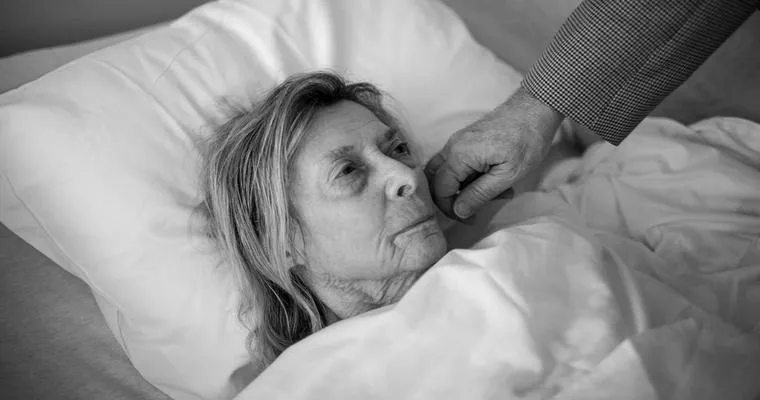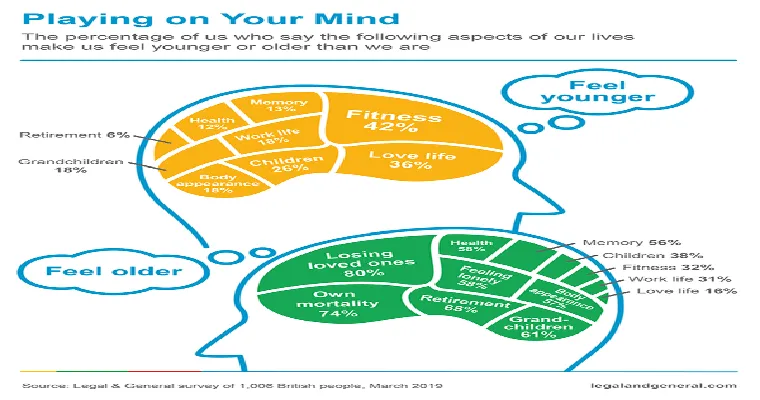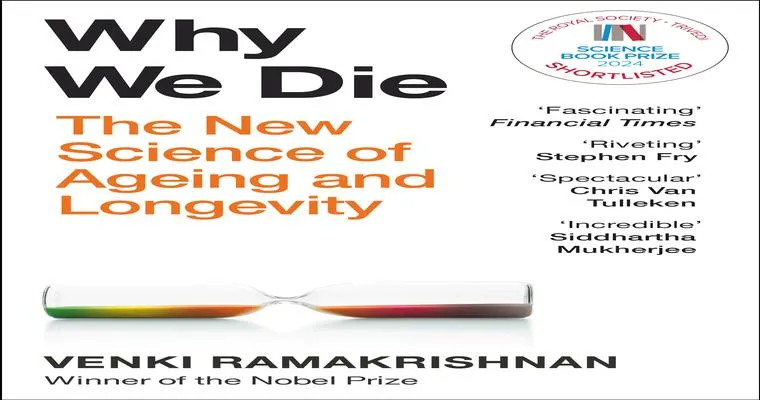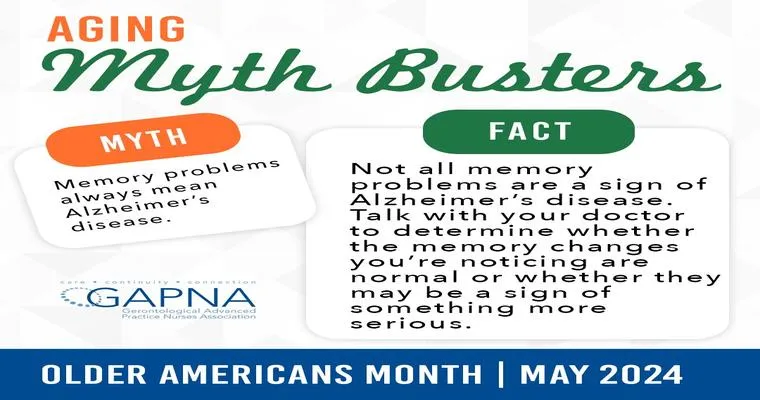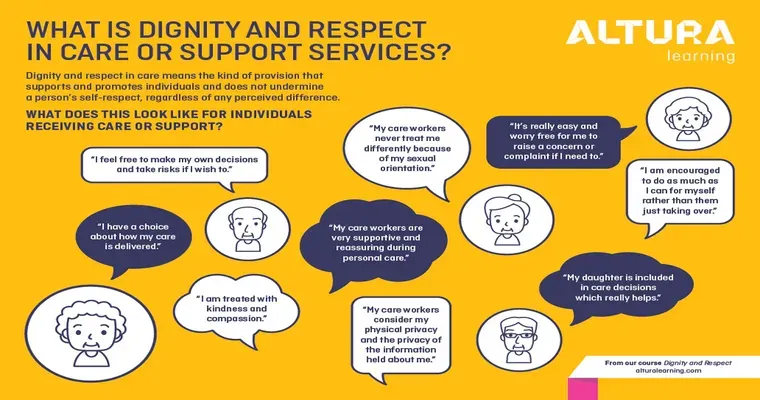When caring for a "99 year old" parent, especially one experiencing "Transient Ischemic Attacks (TIAs)", it can be a challenging and emotional journey. The prospect of undergoing "MRIs" and other medical "examinations" can be daunting, both for you and your loved one. It’s natural to question whether it’s acceptable to let things progress without further medical intervention. This article explores the implications of TIAs, the importance of medical assessments, and ways to approach this sensitive situation.
Understanding TIAs and Their Implications
Transient Ischemic Attacks, commonly referred to as TIAs, are temporary episodes of neurological dysfunction caused by a brief interruption in blood supply to the brain. They often serve as warning signs for potential future strokes and can manifest through symptoms such as weakness, confusion, and difficulty speaking. While TIAs are not permanent, they indicate underlying issues that warrant attention.
The Dilemma of Seeking Medical Care
As a caregiver, the decision to pursue further medical testing like MRIs or other exams can feel overwhelming. If your mother is in her advanced years, the thought of subjecting her to these procedures may raise concerns about her comfort and quality of life. Many families face the dilemma of balancing the benefits of medical intervention with the potential stress and discomfort it may bring to an elderly individual.
Weighing the Risks and Benefits
When considering whether to allow things to "move along" without further intervention, it is crucial to weigh the risks and benefits. On one hand, forgoing medical exams may provide immediate relief from the stress of hospital visits. On the other hand, untreated TIAs can increase the risk of a more severe stroke, which could lead to significant health deterioration.
It is essential to consult with a healthcare professional who can provide guidance tailored to your mother’s specific health conditions and overall well-being. They can help you understand the potential consequences of not pursuing further evaluations and offer alternatives that may be less invasive.
Alternative Approaches to Care
If you decide against extensive medical testing, consider focusing on alternative approaches to care that prioritize comfort and quality of life. Here are some strategies to consider:
1. "Regular Monitoring:" Keep a close eye on her symptoms and any changes in her condition. This can help you identify any patterns or triggers that may require attention.
2. "Healthy Lifestyle:" Encourage a nutritious diet, regular physical activity (as tolerated), and proper hydration. These lifestyle choices can support overall health and potentially reduce the risk of further TIAs.
3. "Medication Management:" Ensure that any prescribed medications are taken as directed, and discuss any concerns about side effects with her healthcare provider.
4. "Palliative Care:" Explore options for palliative care, which focuses on providing relief from symptoms and stress rather than curative treatment. This can enhance your mother’s comfort and quality of life.
Conclusion
Navigating the challenges of caring for a "99 year old" parent experiencing "TIAs" is undoubtedly complex. While it may be tempting to avoid "MRIs" and exams, it is crucial to consider the potential risks associated with untreated TIAs. Consulting with healthcare professionals can provide clarity and help you make informed decisions that prioritize your mother’s comfort and well-being. Ultimately, the goal is to find a balance between medical care and quality of life that honors her wishes and needs.

